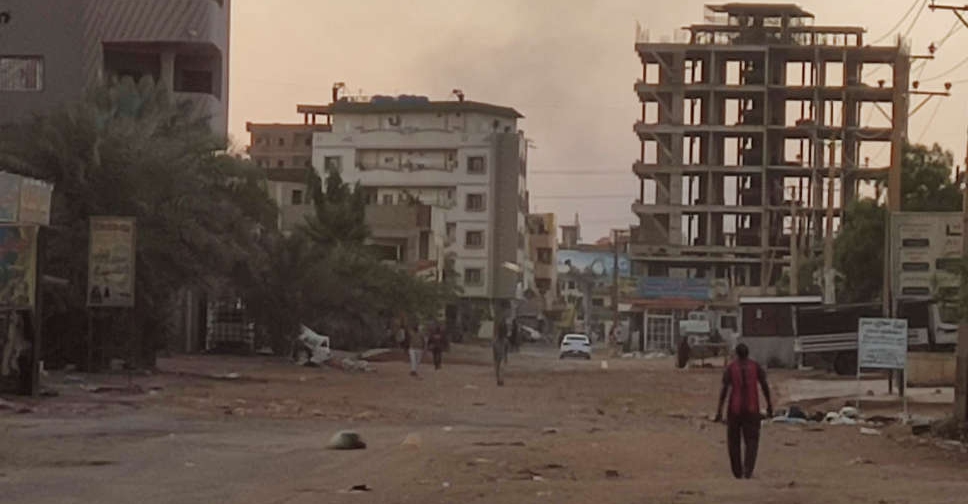
Sudan's warring military factions agreed to a new and longer seven-day ceasefire from Thursday, neighbour and mediator South Sudan said, even as more air strikes and shooting in the Khartoum capital region undercut their latest supposed truce.
Previous ceasefire pledges have ranged from 24 to 72 hours but there have been constant truce violations in the conflict that erupted in mid-April between the army and a paramilitary force.
South Sudan's foreign ministry said in a statement on Tuesday that mediation championed by its president, Salva Kiir, had led both sides to agree a weeklong truce from Thursday to May 11 and to name envoys for peace talks. The current ceasefire was due to expire on Wednesday.
It was unclear, however, how army chief General Abdel Fattah al-Burhan and paramilitary Rapid Support forces (RSF) leader General Mohamed Hamdan Dagalo would proceed.
On Tuesday, witnesses reported more air strikes in the cities of Omdurman and in Bahri, both on the opposite bank of the Nile River from Khartoum.
India's embassy in Khartoum was stormed and looted, Sudan's army said in a statement, citing a report from the ambassador. Saudi Arabia's foreign ministry said early on Wednesday that the building in Khartoum that houses its cultural mission was similarly vandalised and looted by an armed group. No casualties were reported.
Army jets have been bombing RSF units dug into residential districts of the capital region. Conflict has also spread to Sudan's western Darfur region where the RSF emerged from tribal militias that fought alongside government forces to crush rebels in a brutal civil war dating back 20 years.
The commanders of the army and RSF, who had shared power as part of an internationally backed transition towards free elections and civilian government, have shown no sign of backing down, yet neither seems able to secure a quick victory.




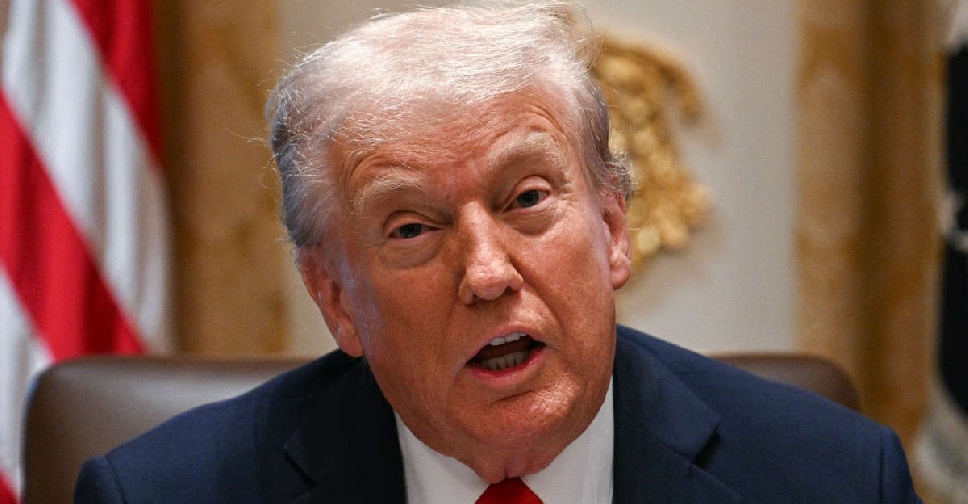 US, India agree on trade deal and lower tariffs, says Trump
US, India agree on trade deal and lower tariffs, says Trump
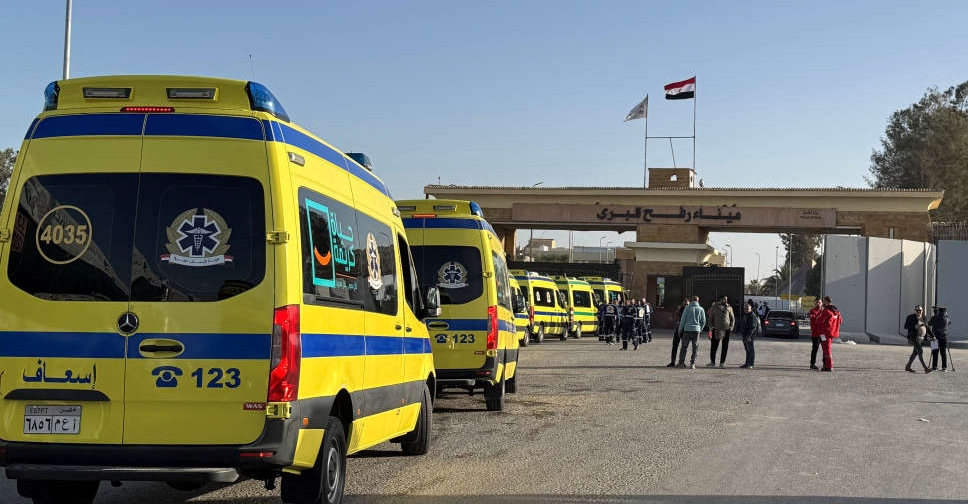 Israel reopens Gaza's Rafah border crossing to Egypt, with limits
Israel reopens Gaza's Rafah border crossing to Egypt, with limits
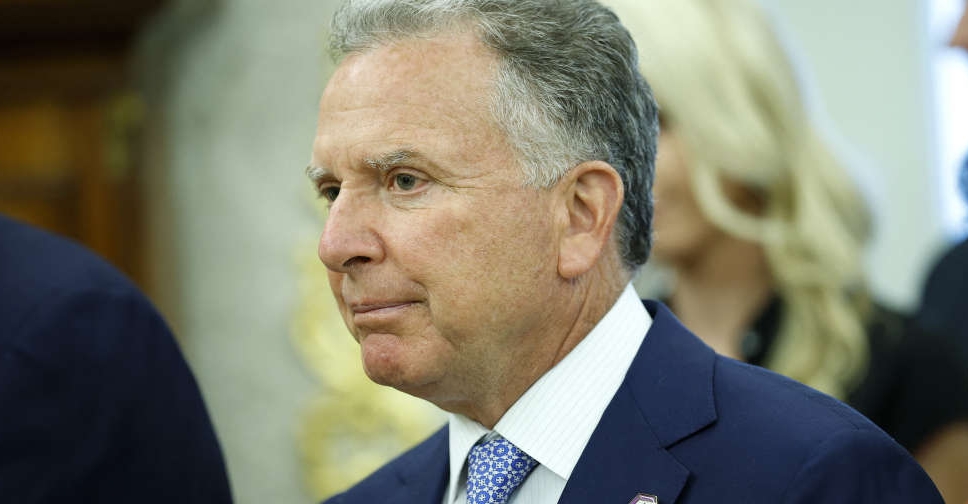 US envoy Witkoff to visit Israel, meet Netanyahu, Israeli officials say
US envoy Witkoff to visit Israel, meet Netanyahu, Israeli officials say
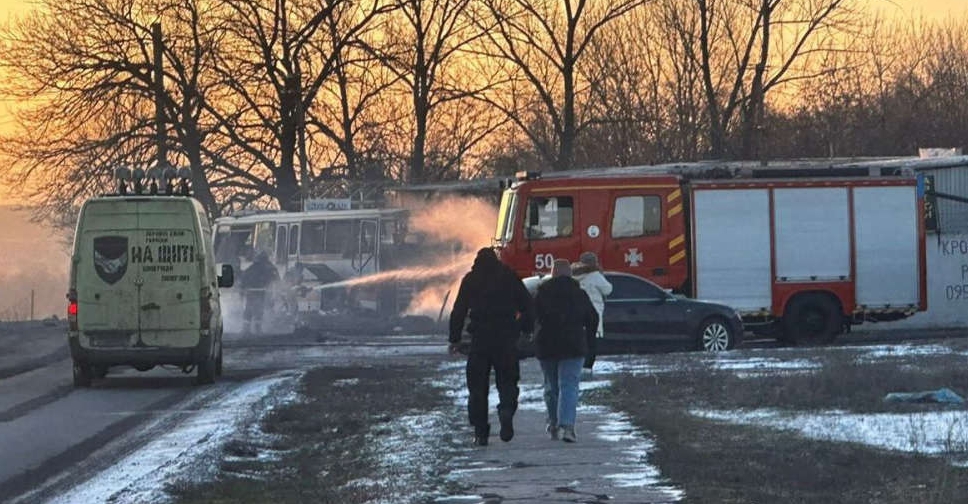 Russian drone strike kills 12 miners in Ukraine
Russian drone strike kills 12 miners in Ukraine



